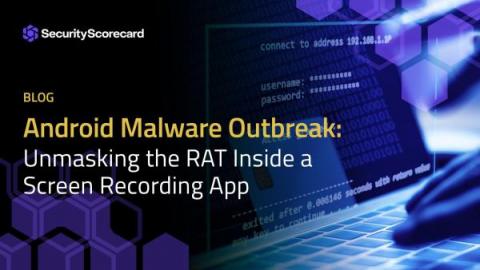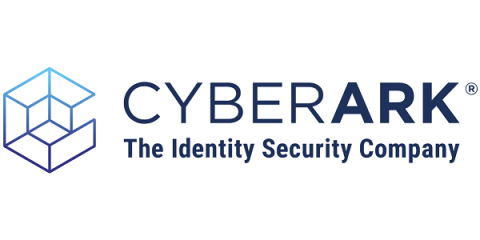Android Malware Outbreak: Unmasking the RAT Inside a Screen Recording App
With the worldwide popularity of Android and its open-source software, hackers have an increased incentive and opportunity to orchestrate attacks. A Google search for “Android malware” brings up headlines like these, all from the past few days or weeks: SecurityScorecard recently analyzed a specific threat known as the AhMyth RAT (remote access trojan), which made headlines for infiltrating a popular screen recording app on the Google Play Store.










